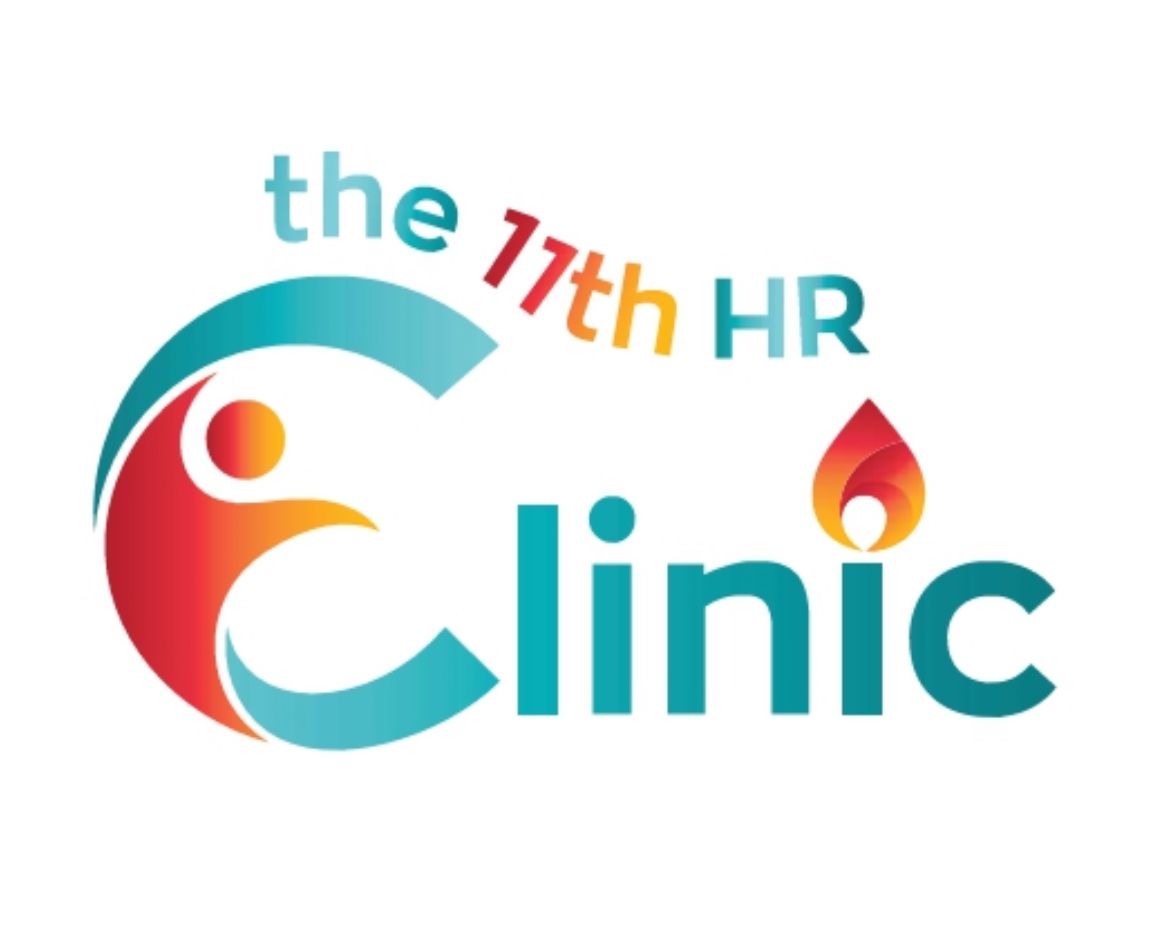Beyond Interest: Understanding Gender, Personality, and Cognitive Fit in Career Success
Why career satisfaction and success demand more than just “following your passion”
At the 11th hour clinic, we regularly work with people who are skilled, driven and stuck. They’ve been told to "follow their interests," but that advice hasn’t led to fulfilment or professional sustainability. What if the very idea of “interest” is part of the problem? Contemporary research suggests that while vocational interests may influence initial career choices, they are poor predictors of long-term performance or job satisfaction. More importantly, interest-based advice often overlooks structural factors like gender socialisation, personality fit, and cognitive strengths all of which significantly shape career outcomes.
Interest ≠ Success: What the Research Actually Shows
Popular career guidance models often lean heavily on interest inventories (e.g., Holland’s RIASEC model). While helpful for initial exploration, vocational interest alone explains less than 10% of the variance in job performance (Nye et al., 2017). Moreover, a large-scale meta-analysis by Schmidt and Hunter (1998) found that general mental ability (GMA), not interest, was the single strongest predictor of job performance across industries, especially in complex roles. When paired with conscientiousness (a personality trait), prediction of performance becomes even stronger.
“Interest tells us what someone likes to do. Ability and personality tell us what someone is likely to succeed at doing over time.”
Gender and Career Choice: Socialisation, Not Just Self-Selection
One of the most consistent findings in vocational psychology is that
men and women report different occupational interests. Su, Rounds, and Armstrong’s (2009) meta-analysis of over 500,000 individuals found:
- Men are more likely to prefer “things-oriented” careers (engineering, technology, trades)
- Women more often prefer “people-oriented” careers (education, healthcare, arts)
These aren’t just innate preferences. According to Eccles’ Expectancy-Value Theory (2009), career interests are shaped by cultural norms, parental expectations, perceived task competence, and exposure to role models. Girls, for example, may be subtly discouraged from pursuing STEM paths through under-representation and stereotype threat (Cheryan et al., 2017). This means that career “interest” may reflect social conditioning more than authentic potential.
The Risk of Mismatch: When Interests Lead Us Astray
Relying solely on interest can lead to:
- Underemployment: Choosing roles that are enjoyable but under-utilise cognitive potential
- Burnout: Selecting roles that align with passion but clash with personality (e.g., high-empathy individuals in emotionally draining roles)
- Career plateauing: Entering fields with limited progression due to narrow interest-fit rather than broader strategic planning
This is particularly relevant for gifted individuals or high performers whose cognitive strengths may open doors they never considered, or who may mask capability due to modesty, trauma, or imposter syndrome (Freeman, 2006).
Cognitive and Personality Assessments: A Clearer Map
At the 11th hour clinic, we offer integrated assessment services that explore:
- Cognitive Capacity: Reasoning ability, working memory, problem-solving, all key predictors of learning potential and performance (Deary et al., 2007)
- Personality Fit: Traits like conscientiousness, openness, and emotional stability, which predict job performance and culture compatibility (Barrick & Mount, 1991; Salgado, 2003)
- Resilience & Risk Factors: We assess not just capability, but also areas vulnerable to stress or burnout, using validated clinical tools
By understanding how these dimensions intersect, we can help clients:
- Expand beyond gendered or “default” interests
- Identify untapped strengths
- Match with career environments that fit their temperament and values not just their enthusiasm
A Gender-Aware, Evidence-Based Process
We recognise that standardised testing can unintentionally reinforce bias. Women, for example, may underperform on reasoning tasks if primed with stereotype-based cues (Steele & Aronson, 1995). That’s why we take a contextualised approach interpreting results through a clinical lens, and always in collaboration with the individual.
We also support GPs, HR practitoners, educators, and NDIS providers who are helping people make more informed vocational decisions especially those at critical life junctures, such as post-injury, post-burnout, or post-graduation.
Case Example: Unlocking Untapped Potential
A mid-career client, a woman working in education, presented with fatigue and disengagement. Her interest inventory suggested a lateral move into counselling. But cognitive testing showed advanced pattern recognition and strategic planning ability; her personality profile revealed low sensory tolerance and a need for high-impact, outcomes-driven work. With this data, we helped her transition into a role in health policy, away from the front line, but within her values. She now leads program evaluations for a state department and reports higher satisfaction, better work-life balance, and a renewed sense of purpose.
Final Thoughts: It’s Time to Think Beyond “What Do You Like?”
Career wellbeing is about more than passion. It’s about alignment between cognitive capacity, personality traits, values, and opportunity. When interest is the only tool used to guide decisions, we risk reducing people to preferences, and overlooking structural barriers that shape those preferences.
At the 11th hour clinic, we provide a more holistic approach. We combine psychometric evidence, psychological insight, and practical guidance to help people and those who support them make confident, future-focused decisions.
Take the Next Step With Us
Whether you’re navigating a career change, planning your future, or supporting others in their professional development, our clinicians offer evidence-based, gender-aware assessment and coaching services.
References
Barrick, M. R., & Mount, M. K. (1991). The Big Five personality dimensions and job performance: A meta-analysis. Personnel Psychology, 44(1), 1–26.
Cheryan, S., Ziegler, S. A., Montoya, A. K., & Jiang, L. (2017). Why are some STEM fields more gender balanced than others? Psychological Bulletin, 143(1), 1–35.
Deary, I. J., Penke, L., & Johnson, W. (2010). The neuroscience of human intelligence differences. Nature Reviews Neuroscience, 11(3), 201–211.
Eccles, J. S. (2009). Who am I and what am I going to do with my life? Personal and collective identities as motivators of action. Educational Psychologist, 44(2), 78–89.
Freeman, J. (2006). Giftedness in the long term: What can we expect? Educational & Child Psychology, 23(1), 7–18.
Nye, C. D., Su, R., Rounds, J., & Drasgow, F. (2017). Interest–major congruence and academic success: A meta-analysis. Journal of Vocational Behavior, 92, 98–107.
Salgado, J. F. (2003). Predicting job performance using FFM and non-FFM personality measures. Journal of Occupational and Organizational Psychology, 76(3), 323–346.
Schmidt, F. L., & Hunter, J. E. (1998). The validity and utility of selection methods in personnel psychology: Practical and theoretical implications of 85 years of research findings. Psychological Bulletin, 124(2), 262–274.
Steele, C. M., & Aronson, J. (1995). Stereotype threat and the intellectual test performance of African Americans. Journal of Personality and Social Psychology, 69(5), 797–811.
Su, R., Rounds, J., & Armstrong, P. I. (2009). Men and things, women and people: A meta-analysis of sex differences in interests. Psychological Bulletin, 135(6), 859–884.



